In the land of a thousand opportunities, a small but significant change is taking place in the agricultural landscape. Armed with a passion for nature and a desire to make a positive impact, entrepreneurs are venturing into the world of bee farming. Is it a lucrative venture young people can dive in?
Beekeeping in Rwanda has been practiced for many years through successive generations and along inherited patterns. However, the activity has basically been traditional and of subsistence in nature, where honey was used as a food product for home, medicine, and for brewing traditional liquor.
According to the National Agricultural Export Development Board, NAEB, the number of beekeepers increased from 30,000 to 83,000 in 2019. The price of honey has been increasing for the past years and there is especially a growing market for certified organic honey and fair trade honey, for which a higher price is paid.
One of the people that have taken advantage of the opportunity is Uwibona Jeanne Sheila a dynamic and ambitious woman. She embarked on a remarkable journey that has not only transformed her life but also provided a glimmer of hope for aspiring young entrepreneurs.
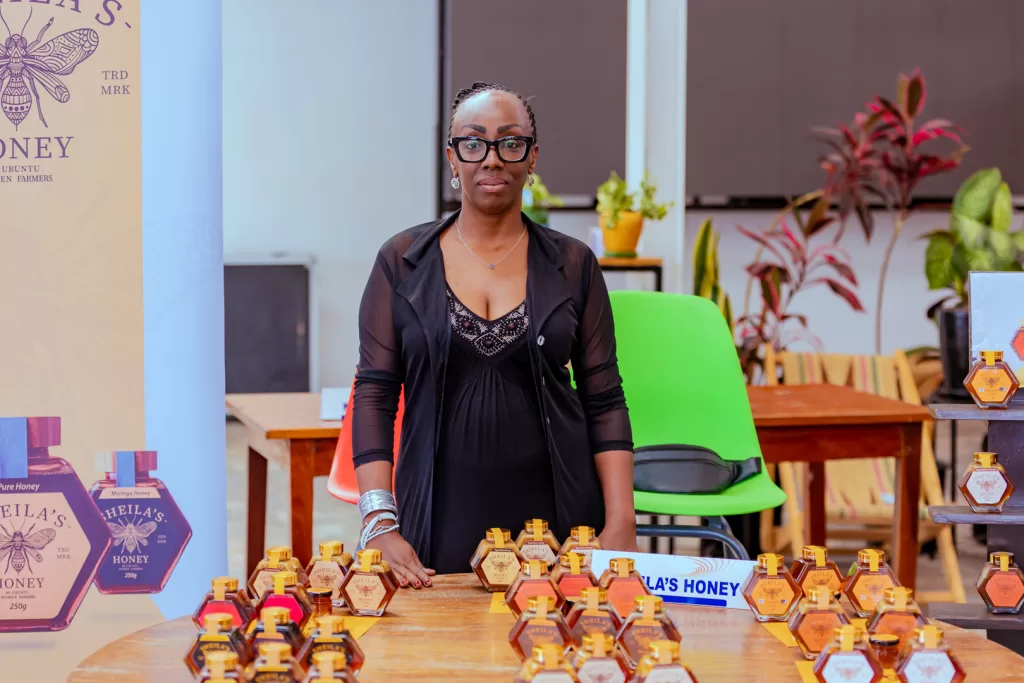
As the Founder and CEO of Ubumuntu Women Farmers and the brain behind Sheila’s Honey, Uwibona Jeanne Sheila has become a trailblazer in the world of bee farming.
When asked about the viability of bee farming as a venture for young people, Jeanne Sheila emphasized the importance of thorough research and technical skills. “It is a venture that requires extensive thought and research, especially on the technical skills of the bee farmers,” she stated.
From her research, Uwibona also discovered that bee farming, also known as apiculture, not only benefited the ecosystem but also presented a lucrative opportunity. Bees played a crucial role in pollinating crops, leading to higher yields and improved food security.
The golden nectar, honey, is highly sought after on national and international markets for its various medicinal and culinary uses. Armed with this knowledge, the businesswoman embarked on her bee farming journey.
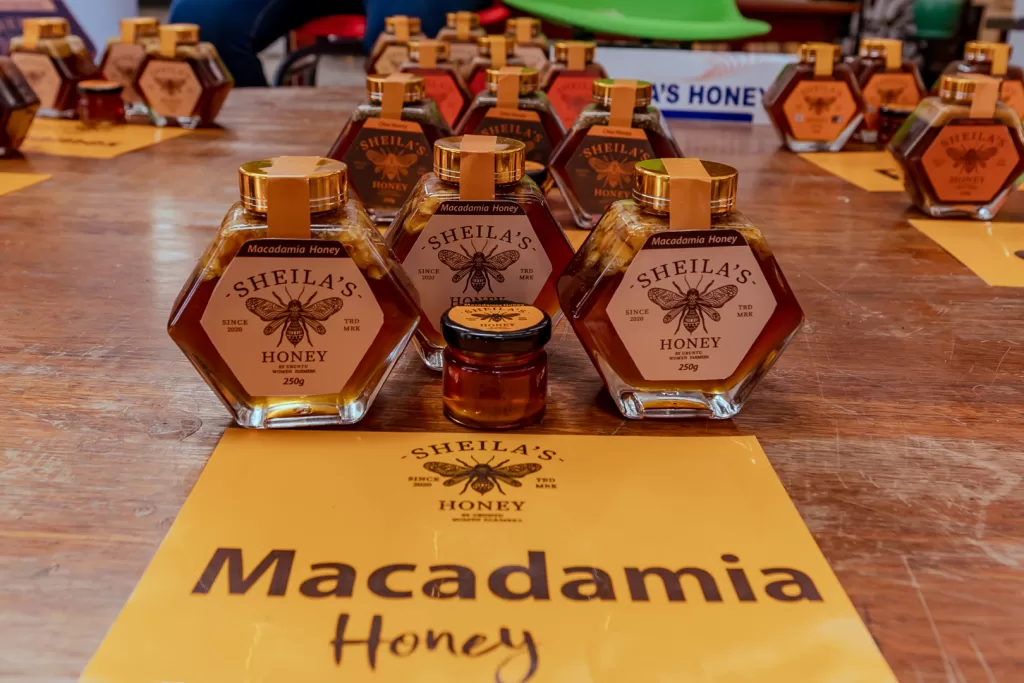
Uwibona Jeanne Sheila herself spent five years delving into the intricate details of beekeeping before embarking on her entrepreneurial journey. This highlights the need for aspiring bee farmers to equip themselves with the necessary knowledge and expertise.
Another crucial aspect she highlighted is the need for a dedicated beekeeper. “They should have a full-time beekeeper monitoring the beehive, monitoring the seasons, and taking care of the bees’ health,” she advised.
This constant attention ensures the well-being of the bees and ultimately leads to a productive harvest. The commitment and responsibility required in beekeeping may seem demanding, but the rewards are worth the effort.
“As an entrepreneur, you also have to know how to do your branding,” Uwibona emphasized. She stressed the significance of investing in both quality and packaging. “You should not look at the quality alone but also pay attention to the packaging,” she added.
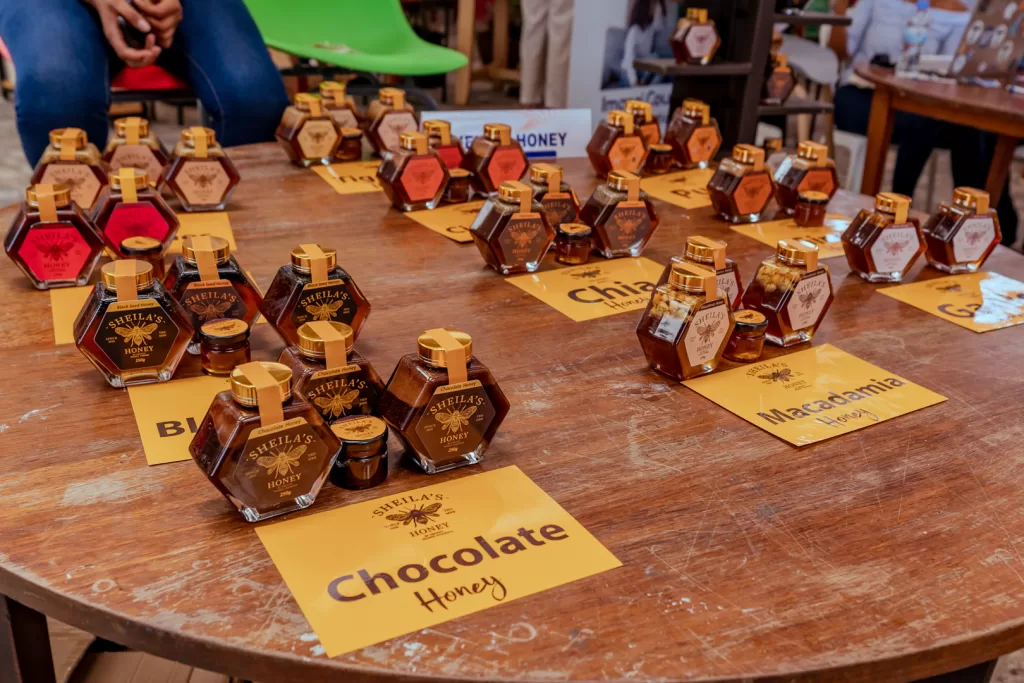
According to her, the international markets prioritize branding over the product itself. By pairing good quality with solid branding, young bee farmers can gain credibility in the market and position themselves for success.
The beauty of bee farming lies in its scalability. “As a young person, you can get started with only one beehive, which can be very productive,” Jeanne Sheila revealed. Honey, a highly sought-after product, offers tremendous market potential.
With the alarming decline of bees worldwide, preserving and nurturing these vital pollinators becomes an urgent priority. As Uwibona expressed, “Most bees are becoming extinct in certain parts of the world, so we must preserve them here as Rwandans.”
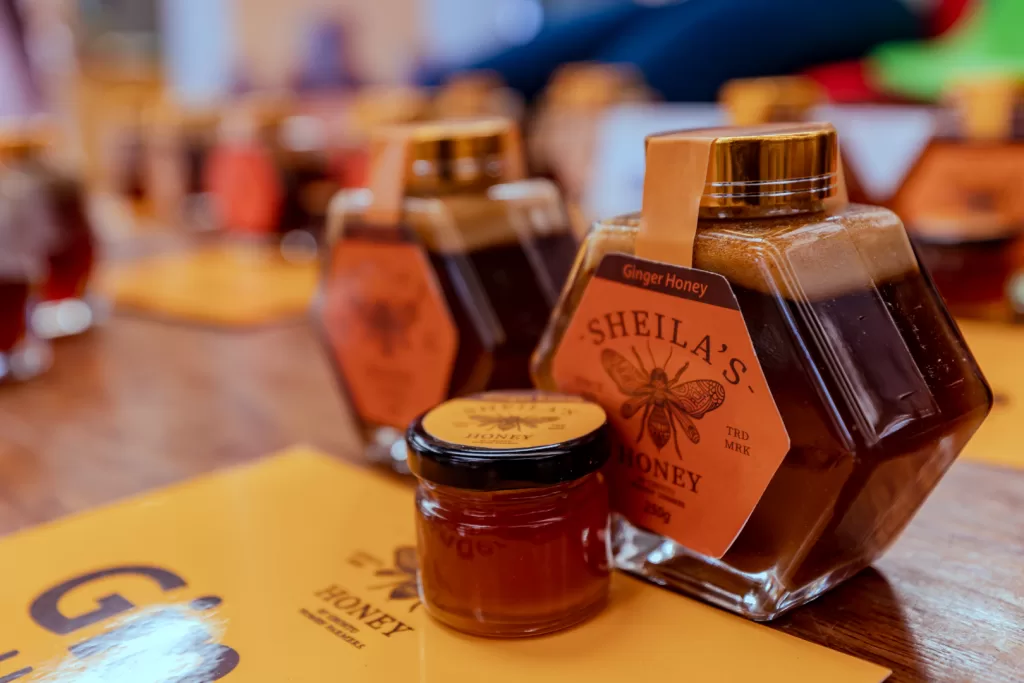
Bee farming not only presents a promising economic opportunity for young entrepreneurs but also contributes to environmental sustainability.
Rwanda, with its lush green landscapes, offers a conducive environment for beekeeping. The country’s rich biodiversity provides a diverse range of nectar sources, resulting in an array of honey flavors. Sheila’s Honey, for instance, boasts an impressive collection of 11 flavors, all standardized by the Rwanda Standards Board (RSB).
The government of Rwanda recognized the potential of bee farming as a venture for young people. They initiated programs to provide technical training, financial support, and access to modern beekeeping equipment. The aim was to empower the youth to become stewards of the environment and agents of change.
With the youth at the forefront, bee farming in Rwanda flourished. It can be a catalyst for sustainable development.
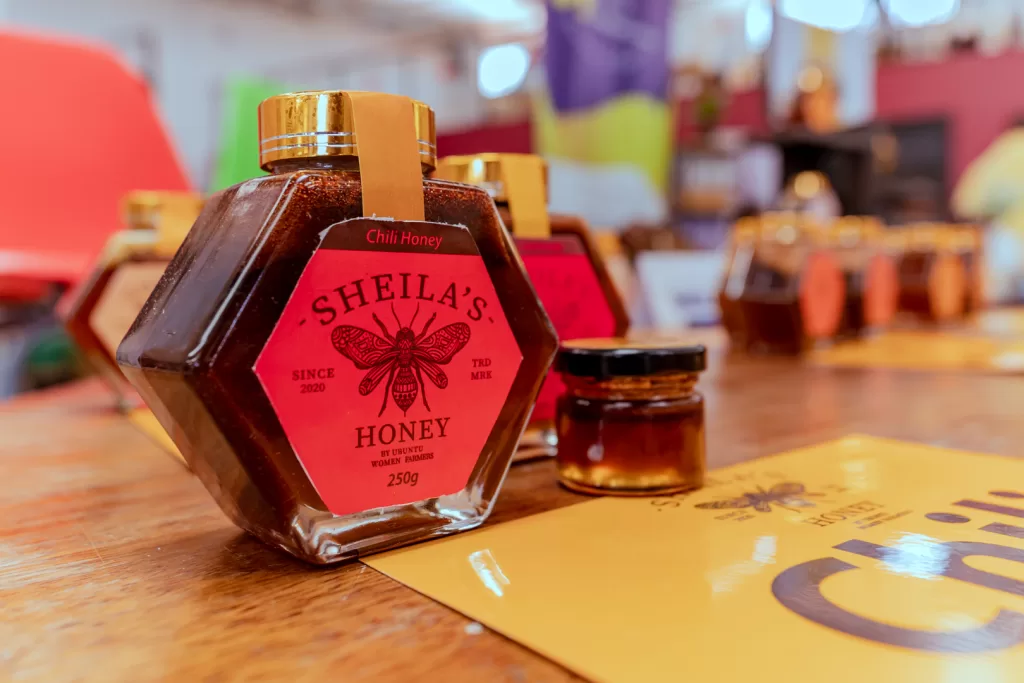

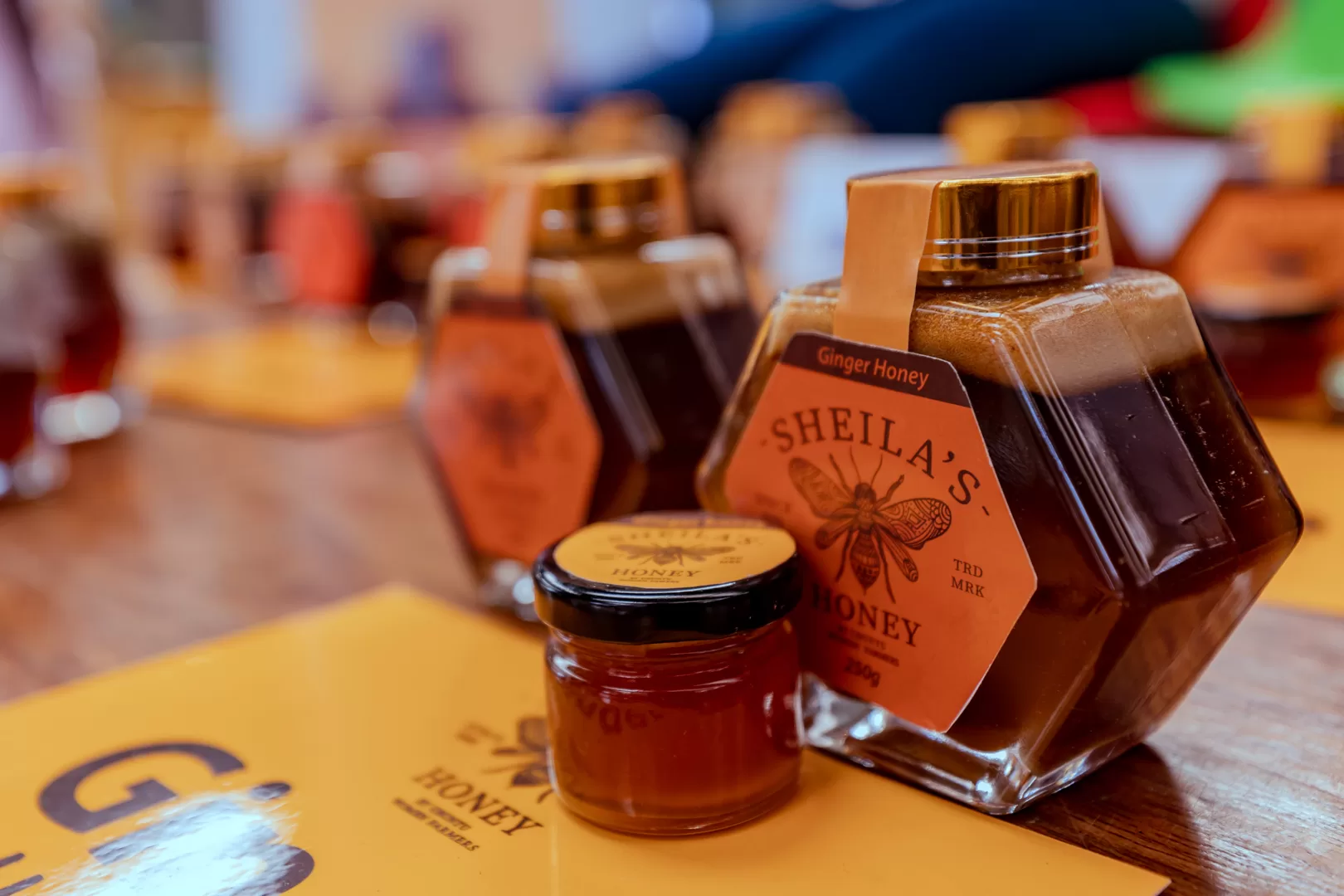

One Response
very interesting ! keep it up